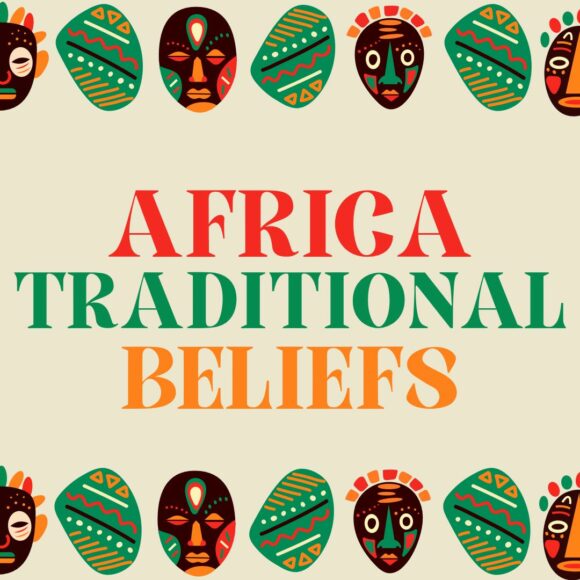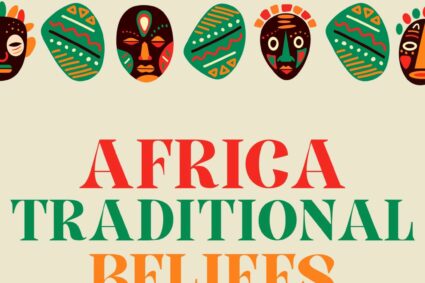
by Antonio Napoli
Perhaps the only God of the Jews—faceless and nameless—could have torn me away from the ill fate that returned punctually to punish me—always, in the end, because of the Book of Memory. But I felt like those dogs who tear the air with their heart-wrenching howls, without anyone stopping to help them.
I carried with me a map of the river, drawn from the Scroll of the Dead. The map was as precise as the vivid memory of a place once visited. And yet, an insurmountable challenge awaited me.
Along the way, I kept wondering whether it was a life well lived that prepares us for death, or rather, whether it is the constant contemplation of the medallion of existence—from the side of its funeral shadow—that compels us to live well. One thing I was certain of: a true map to living well would inevitably lead me to feel responsible for others.
Indeed, I had noticed that the power of the Book of Memory made me feel the desires of others as if they were my own, making them impossible to ignore. The effects of that magic never completely faded, despite my distance from the Book, and for this reason, I knew I could not abandon either the Jew to his fate or Ishara to the loneliness that kept her imprisoned somewhere. Under the scorching sun, my thoughts returned constantly—above all—to the fate of that adoptive mother of Hannibal’s nephew, who was perhaps enslaved by Massinissa himself, or in constant danger, suffering and desperate.
It was a few hours before sunset, accompanied by these heavy, sorrowful thoughts, that I reached the Kingdom of Kush—Nubia—known as the Land of Gold. Hostile to those who try to grow the fruit that reaches toward the sky, but a loyal ally to those who seek, in its dark womb, the buried treasure of metals.
I had seen nothing but the Nile, and I was beginning to doubt that another river even existed. But the map was clear: at the border between the two kingdoms—once ruled by pharaohs of black flesh—the Hidden River flowed. And I, according to the map, was in the exact spot. The Book of the Dead claimed that whoever drinks from its waters for the first time gains immortality; but whoever drinks from it a second time loses it forever. I was not surprised by the contradictory nature of the river, for—as Aristotle writes—it is the hallmark of every substance to be able to hold opposites. What did astonish me was this: if it were only a tributary of the Nile, why then did it not share the same properties?
It was clear to me that the Nile gave life to the land in cycles, while the Hidden River granted it eternally—yet only once. Thus, it could not be a mere tributary, but rather an independent current—one I imagined plunging into the earth at some point, never reaching the sea, only to flow backward and rejoin its own source.
It had to remain invisible to ordinary eyes, or else it would be too easy to find without the help of the Book of the Dead. Yet that scroll granted its bearers something special: the faculty to perceive it with the eyes of the mind—just as happens when the tyranny of the senses no longer holds power over us, and we learn that water remains level, even if the transparent cup that contains it is tilted.
The fact remained that I did not have the Book of the Dead with me. So when, from atop the camel, I cast my gaze across that sandy plain—broken only by scattered rocks—and then closed my eyes with the fevered hope of a revelation, nothing I sought appeared when I reopened them. I was still a slave to my senses.
I dismounted and reflected in torment, when I was struck by the poisonous euphorbia the camel was chewing to soften its tongue. I knew the effects of the plant’s sticky and irritating latex.
Plato taught that the philosopher must free himself from the senses, as much as possible—but without causing death—in order to know the truth. Democritus, who had been in Egypt, had chosen to deprive himself of sight to better concentrate on the speculation of the mind. I tore off a sprig of euphorbia and anointed my eyes with its milky sap: it was like covering them in burning sand. My tears poured in a flood: my vision blind, my flesh scalded!
How reckless I had been! I wandered in a throbbing darkness, when suddenly I felt something flowing within and around me, like a thought that precedes a word: I dipped my hands into it. I did not feel them grow wet, but rather stop trembling, stop dying. I touched my eyes. And I saw again.
Before me was a river with no banks, no course, no current. Its waters did not shimmer: they emanated a light that did not harm the gaze. They did not reflect: they received.
I rushed to fill my canteens, afraid that the vision might vanish like a dream at dawn. For a moment, I was tempted to drink from that water which tears from time its duty as messenger of the end.
But I stopped.
“Too risky,” I thought. “Immortality is not for me. I am made for loss, for waiting, for the fleeting instant that dies as soon as it is born. And what hidden forms of sorrow might disguise themselves beneath being immortal?”
Once all the canteens were loaded, I hurried to mount the camel and ride away, when something struck my right calf. A burning pain spread. I was in the land of serpents that melt metal with their breath, serpents that kill with their hiss, leaving no time even to realize you’re dying. I dared not look at the marks—I was certain they were death’s seal. The silence around me filled with a muffled pounding, like a drum beaten faster and faster. I closed my eyes again—but this time to await the venom’s fatal work. Then I uncorked a canteen and drank it down in a single gulp. I felt an ancient thirst extinguished…
It was then that I realized the irritation on the back of my leg was not caused by a bite, but merely by the camel’s spit—expelling the euphorbia latex it had just chewed.
One thought on “The Book of Memory: chapter 17”
Comments are closed.

Wonderful chapter!